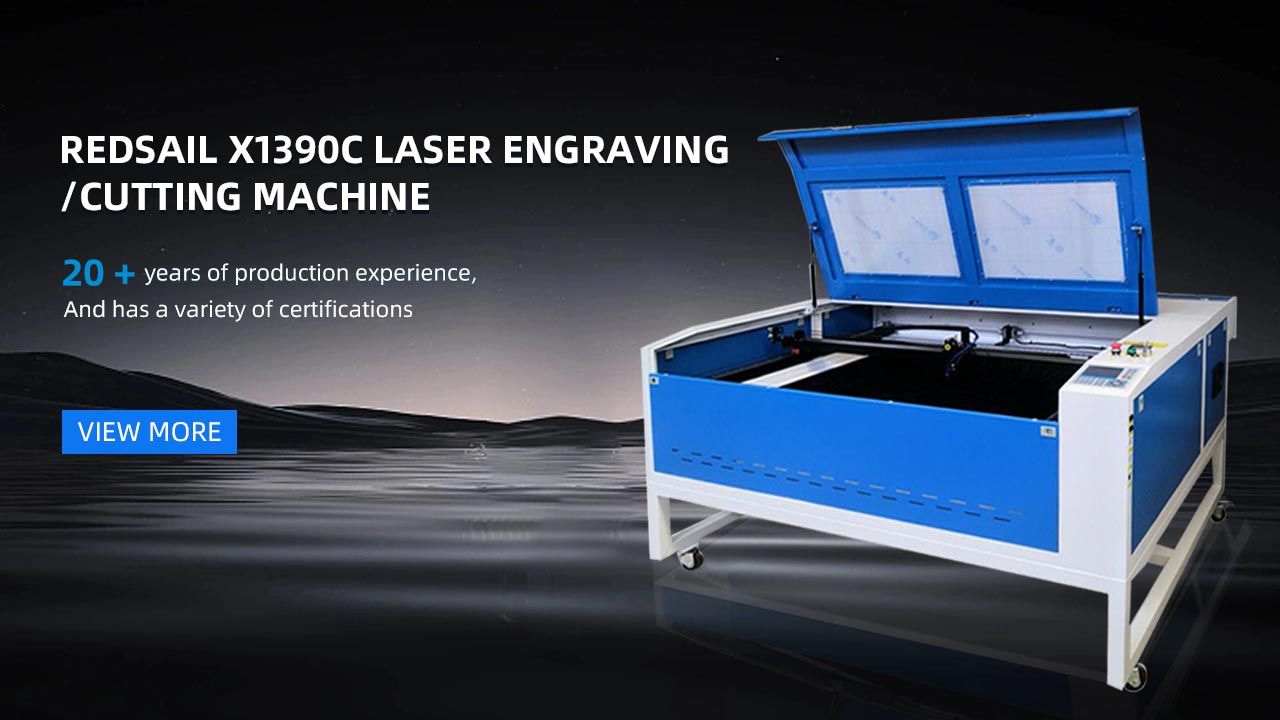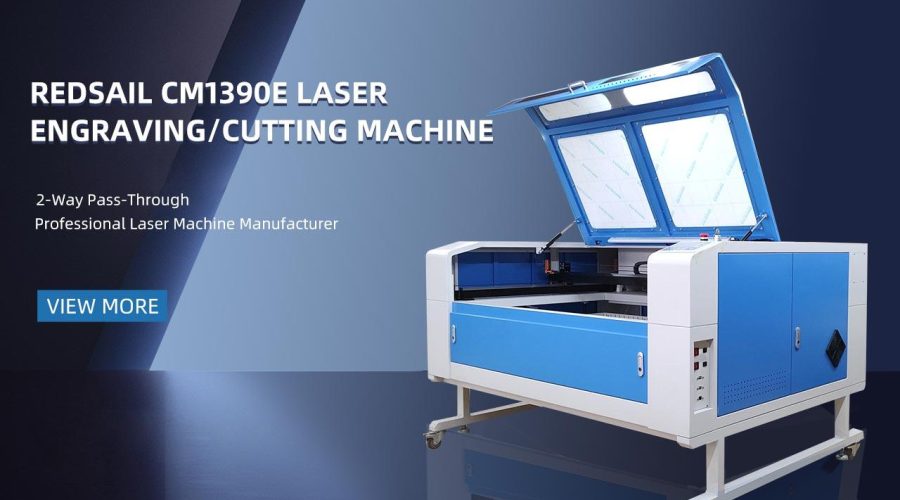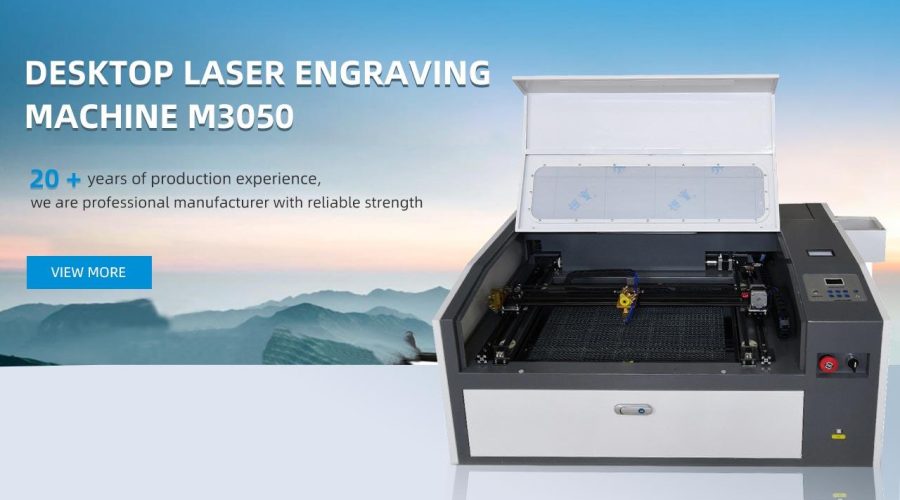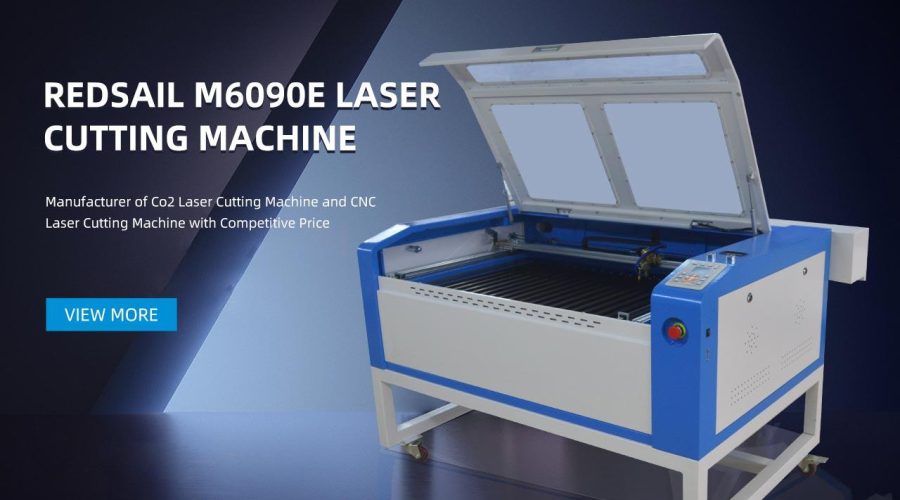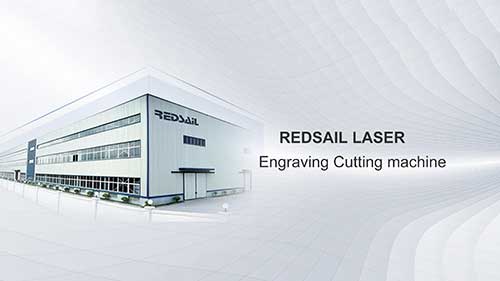Which Laser Cutter is the Best Fit for Your Home Shop?
Introduction
A laser cutter is an invaluable tool for any home shop enthusiast. It allows for precise and intricate cuts in various materials, such as wood, acrylic, and metal. However, with the wide range of laser cutters available on the market, it can be challenging to determine which one is the best fit for your needs. In this article, we will explore the factors to consider when choosing a laser cutter for your home shop.
Factors to Consider
1. Power & Cutting Capability
The power of a laser cutter is crucial in determining its cutting capability. The higher the wattage, the thicker the material the laser can cut through. If you primarily work with thin materials like paper or cardboard, a low-powered laser cutter will suffice. However, if you plan on cutting through thicker materials like wood or metal, you will need a laser cutter with higher wattage.
2. Bed Size
The size of the cutting bed is another essential factor to consider. The larger the bed, the more significant the material you can work with. Make sure to evaluate the typical size of the materials you will be cutting and choose a laser cutter with a bed size that accommodates those dimensions. Keep in mind that a larger bed may require more space in your home shop.
3. Software & User Interface
The laser cutter’s software and user interface play a significant role in your overall experience with the machine. Look for a laser cutter that offers user-friendly software and an intuitive interface. The software should allow you to import and edit designs easily, as well as provide control over cutting parameters like speed and power. Some laser cutters even come with built-in cameras for precise positioning and alignment.
4. Price
Price is undoubtedly a crucial consideration for any home shop owner. Laser cutters come in a wide range of prices, depending on their features and capabilities. Set a budget that suits your needs and research laser cutters within that range. Remember that while cheaper options may seem attractive, they may lack essential features or durability. Strike a balance between price and quality to ensure long-term satisfaction with your purchase.
5. Safety Features
Safety should always be a top priority when working with a laser cutter. Look for a machine that includes safety features, such as an emergency stop button, protective enclosures to contain laser light, and automatic shutdown mechanisms in case of any malfunctions. Additionally, consider investing in personal protective equipment like safety goggles to protect your eyes from the laser beam.
FAQs
Q1. Can I use a laser cutter in my home shop?
A1. Yes, laser cutters can be used in home shops. However, it is important to ensure that your workspace is well-ventilated and equipped with proper safety precautions. Consult the laser cutter’s user manual and follow all safety instructions.
Q2. How much maintenance does a laser cutter require?
A2. Laser cutters require regular maintenance to ensure optimal performance and longevity. This may include cleaning the lens, checking the alignment, and replacing consumable parts, such as the laser tube or mirrors. Be sure to consult the manufacturer’s guidelines for maintenance procedures.
Q3. Are there any limitations to what a laser cutter can cut?
A3. Laser cutters can cut a wide variety of materials, but certain materials, like reflective metals, may not be suitable for laser cutting. Always check the specifications of the laser cutter to ensure compatibility with the material you plan to work with.
Q4. Can I use a laser cutter for engraving?
A4. Yes, many laser cutters offer engraving capability in addition to cutting. The laser beam can be focused to create intricate and detailed engravings on various surfaces.
Q5. Do I need any special skills to operate a laser cutter?
A5. While operating a laser cutter does require some technical knowledge, most manufacturers provide detailed manuals and tutorials to assist users in the setup and operation process. With practice and proper training, anyone can learn to operate a laser cutter effectively.
Conclusion
Choosing the right laser cutter for your home shop is a decision that requires careful consideration. Evaluate factors such as power, bed size, software, price, and safety features to find a laser cutter that fits your specific needs. With the right laser cutter, you can unlock endless creative possibilities and enhance your home shop capabilities.

